The West Africa Centre for Crop Improvement in collaboration with the Alliance for Science on May 28, 2023, hosted a dinner in Accra, Ghana for stakeholders in the agricultural value chain to mark World Hunger Day.
Similar dinners were held in seven other cities in the Global South and were meant to be the starting point for a campaign to establish a National Farmers Day to honor farmers who use cutting-edge agricultural biotechnologies to accelerate the elimination of hunger by 2030.

Apart from the participants from the two host groups, dignitaries present in the Accra dinner included Ghana’s Deputy Minister for Crops in the Ministry of Food and Agriculture, Yaw Frimpong Addo, Chief Director of the Ministry of Parliamentary Affairs, Dr Aggrey Darko, the chief executive of Ghana Incentive-Based Risk Sharing System for Agricultural Lending, Mr Kwesi Korboe and the chair of the National Farmers and Fishermen Award Winners Association, Davies Narh Korboe.
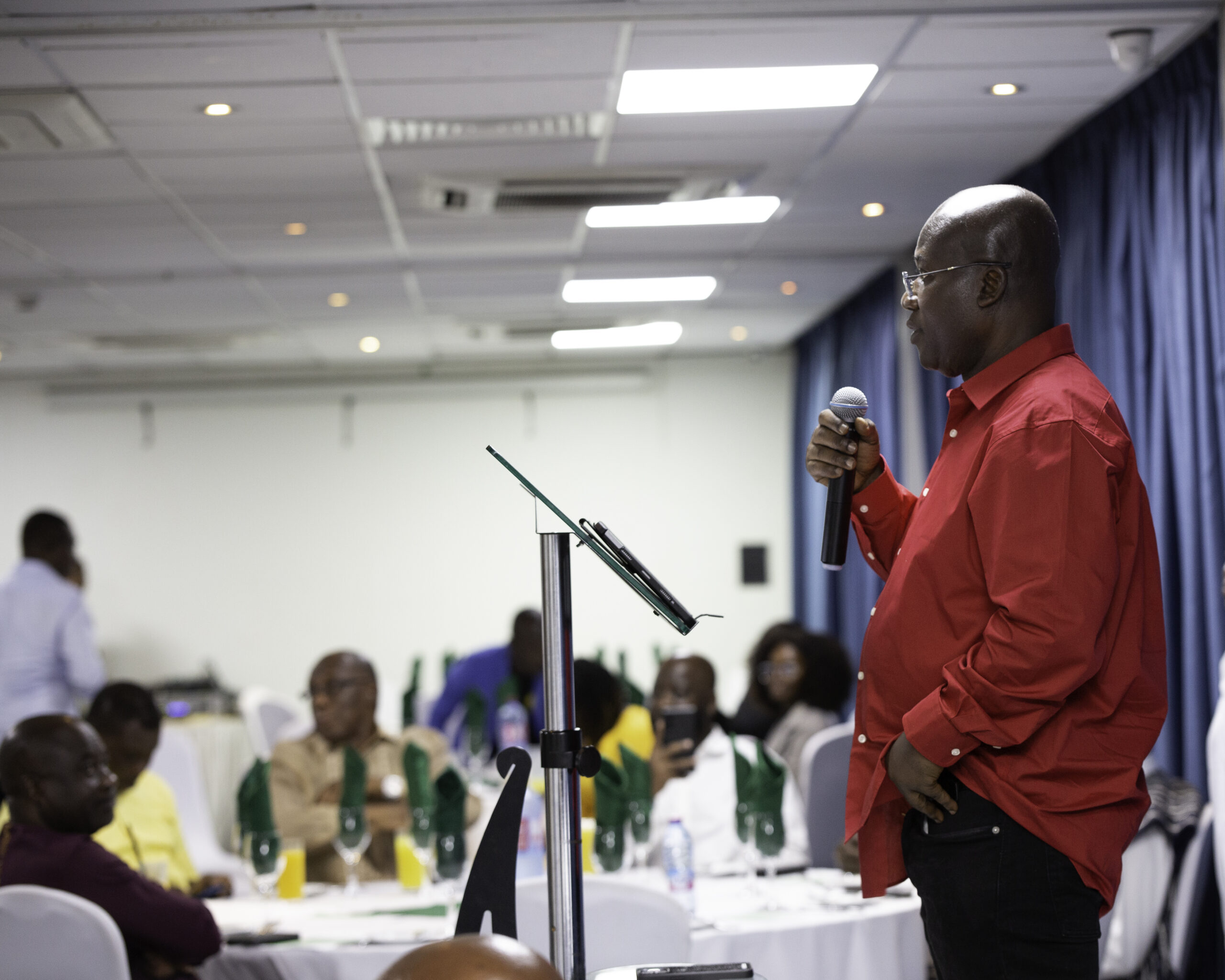
The founding director of WACCI, Prof Eric Yirenkyi Danquah, stated the occasion was not only to relish in good food and good company but also to contemplate the pressing global issue of hunger that continues to impact the lives of millions worldwide.
He recognized the challenges hunger poses and the need to take action.
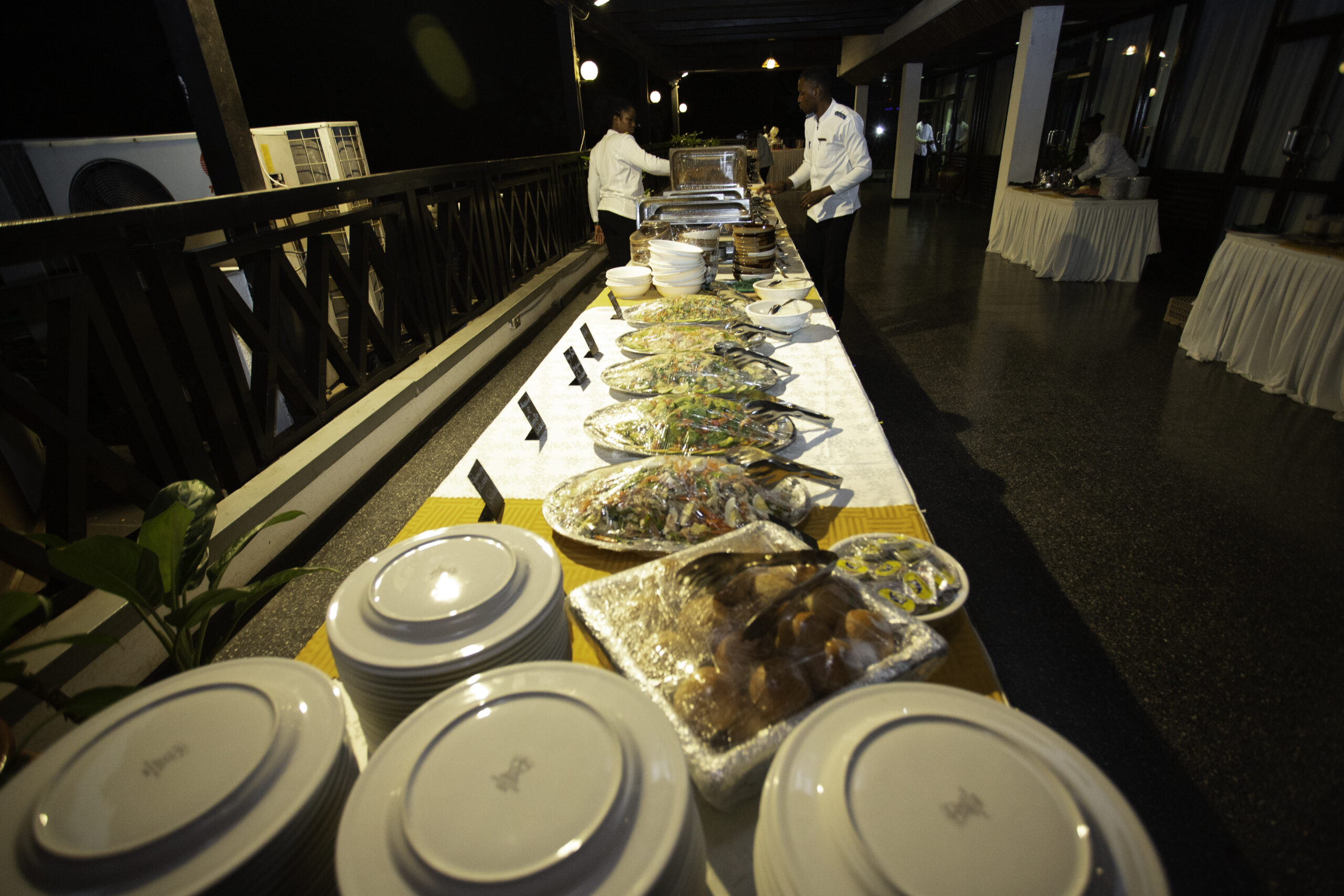
He also said the occasion wasn’t solely about acknowledging the problem but also celebrating progress and the incredible work done by organizations, volunteers, and activists globally.
“Tonight, let us reaffirm our dedication to the battle against hunger,” he said. “Let us pledge to raise awareness, support initiatives that promote sustainable agriculture, empower communities, and advocate policies that prioritize food security.”
“We have extraordinary scientists, land, abundant resources, politicians, and leaders who have made commitments to end hunger.”
He called for a collaborative effort and innovative solutions because they hold the power to eradicate hunger and create a world where everyone has access to nutritious food.
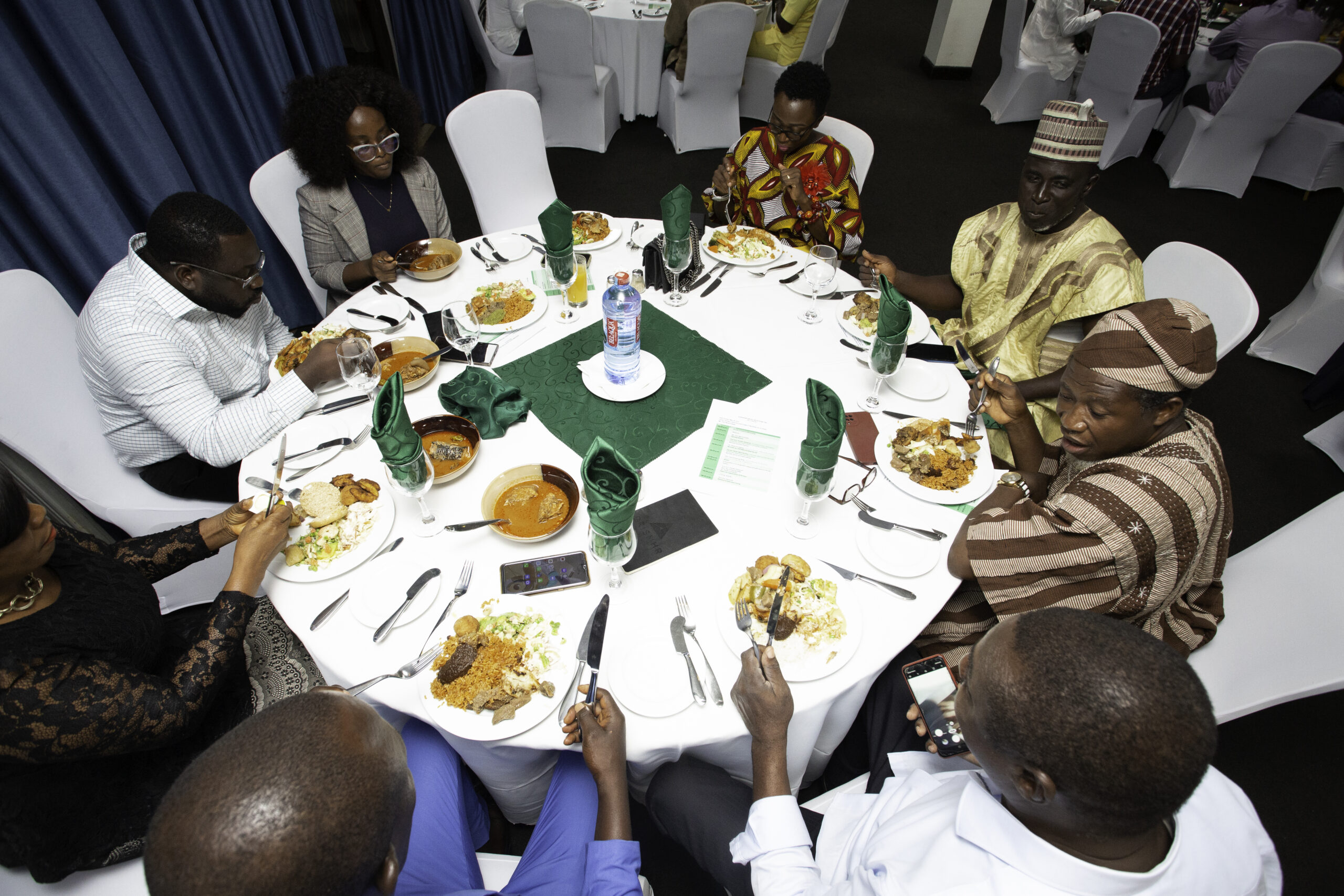
He then called for the government to operationalize the National Research Fund Act to enhance the sector’s development and accomplish Sustainable Development Goal 2, which aims at ending hunger.
“What we do at the Alliance for Science as a science communication organization is to be the wind in the sails of those going in the direction of change.”
“We would not go back to the IMF after this bailout if the decision-making process, going forward, is inclusive and uses the evidence that abounds globally.
“Let’s, therefore, move out of Einstein’s trap if we are truly desirous to see a Ghana without aid. Where are we with the National Research Fund Act almost seven decades after independence? We are doing things the same way and expecting different results.”
Many people, although not hungry, are not food secure because they constantly think about where their next meal would come from.
The 2023 World Hunger Day aimed at uniting millions of people and thousands of organizations around the world to amplify the voices of those facing hunger and help make the UN Sustainable Goal of Zero Hunger a reality.
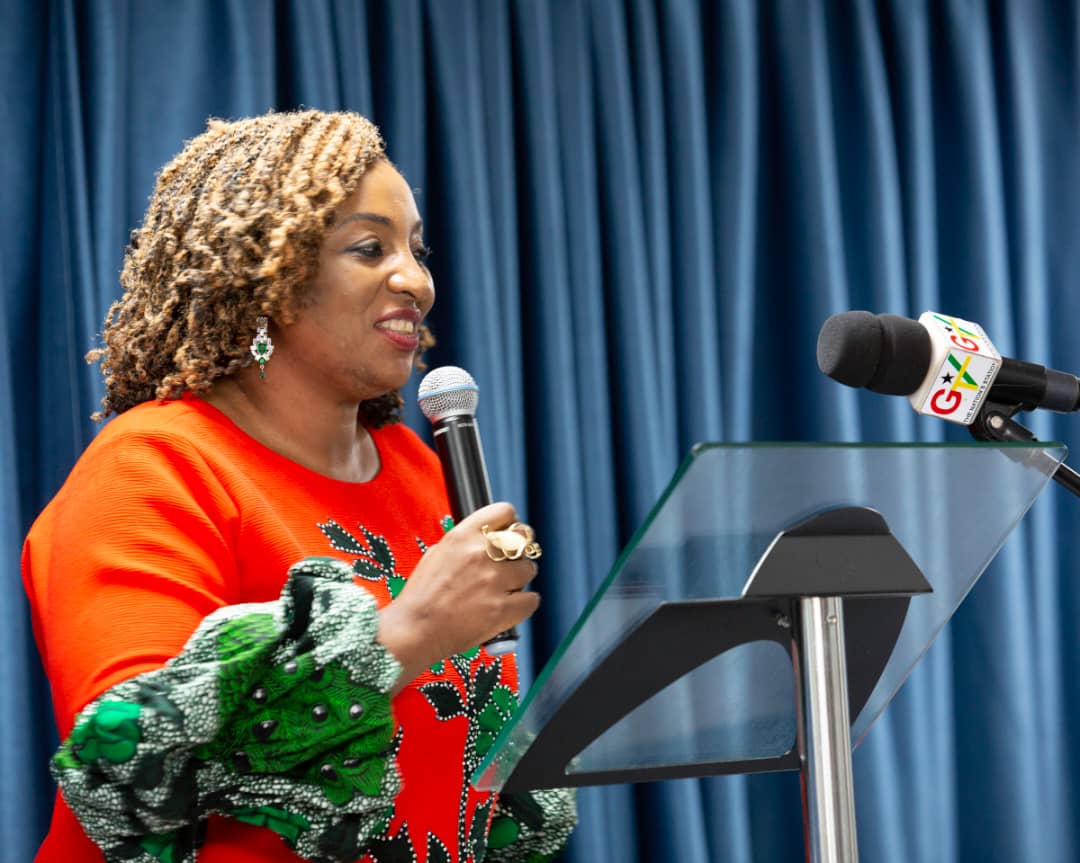
Dr Sheila Ochugboju, the Executive Director of Alliance for Science commended Ghana for being a leader in recognizing farmers with its National Farmers Day celebration in December every year.
She recognized the commitments made by others to reduce hunger in the Global South.
There is a need to find ways to employ science and technology in all stages of agriculture to ensure food is available and affordable all year round.
“We are here as the Alliance for Science to shed light on the solutions, innovators, and innovations coming out of the Global South and can end hunger within our lifetimes,” she said.
“If we make that commitment, we have everything it takes to do it. We have extraordinary scientists, land, abundant resources, politicians, and leaders who have made commitments to end hunger. We believe that it is possible.”
“We all have to play complementary roles to bring humanity to a level where nobody will complain of hunger.”
She said many people, although not hungry, are not food secure because they constantly think about where their next meal would come from. This is a vulnerability that hampers innovation.
“What we do at the Alliance for Science as a science communication organization is to be the wind in the sails of those going in the direction of change. And so, the moment here is to usher in that change,” she said.
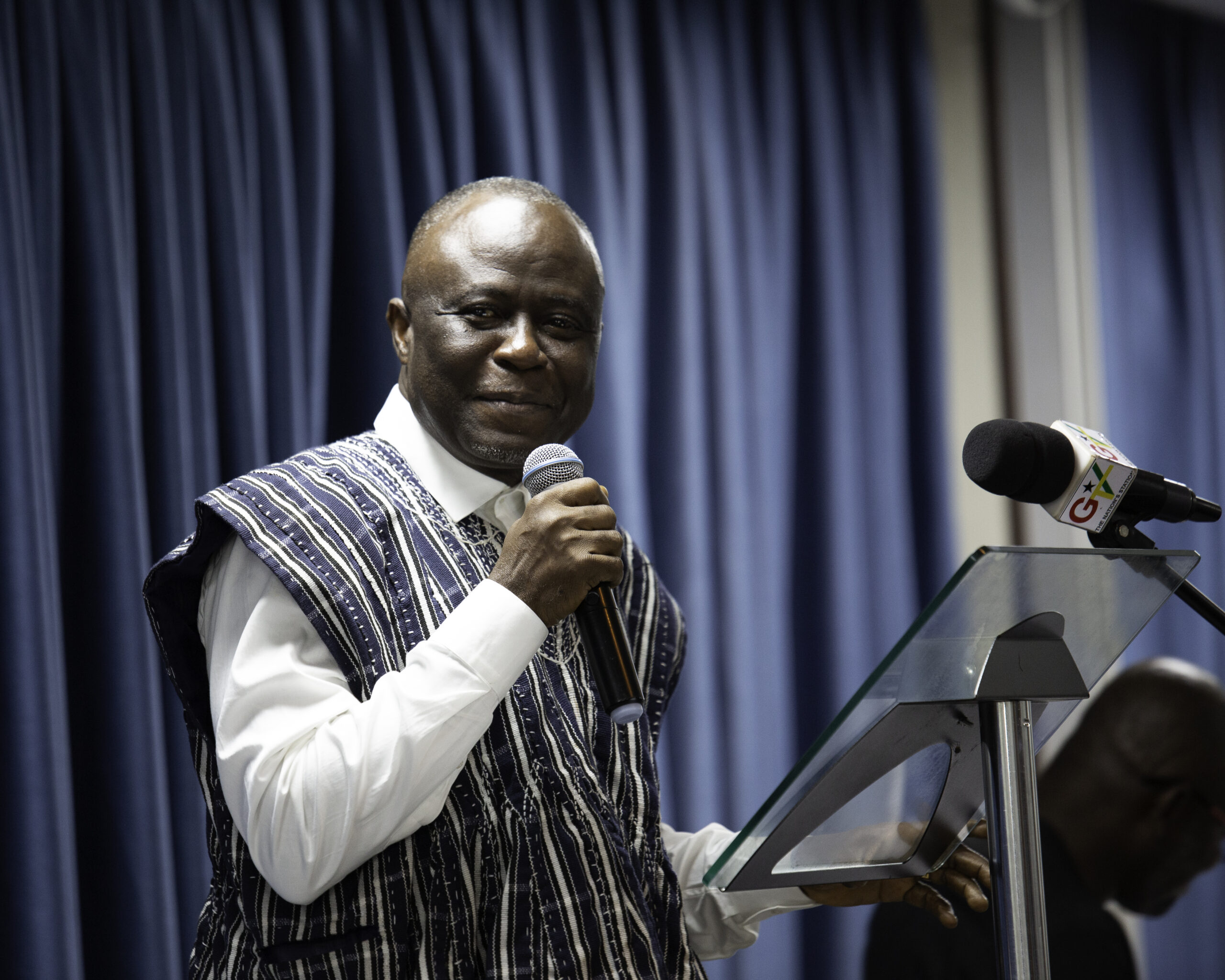
Yaw Frimpong Addo, the Deputy Minister for Crops in the Ministry of Food and Agriculture, said Ghana’s problem with food has to do with processing, storage, and buffer, other than production, as it is usually perceived.
“We have not used science and technology from planting to processing to marketing.”
He said there is a need to find ways to employ science and technology in all stages of agriculture to ensure food is available and affordable all year round.
“We have not used science and technology from planting to processing to marketing. We have not relied on science. We all have to play complementary roles to bring humanity to a level where nobody will complain of hunger,” he pointed out.
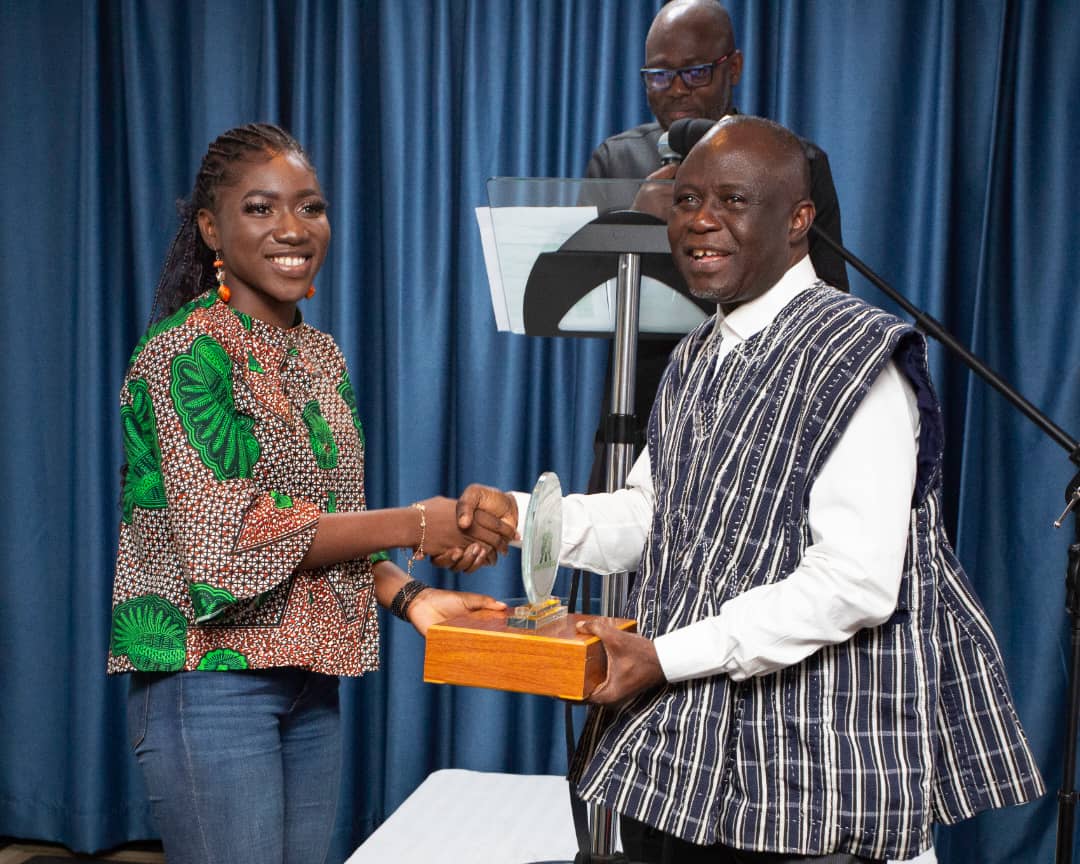
Farmers at the event received some souvenirs, while some received plaques to document their contribution to the hunger fight.
Similar dinners were held in Nigeria, Zambia, Egypt, Bangladesh, and Guatemala.
